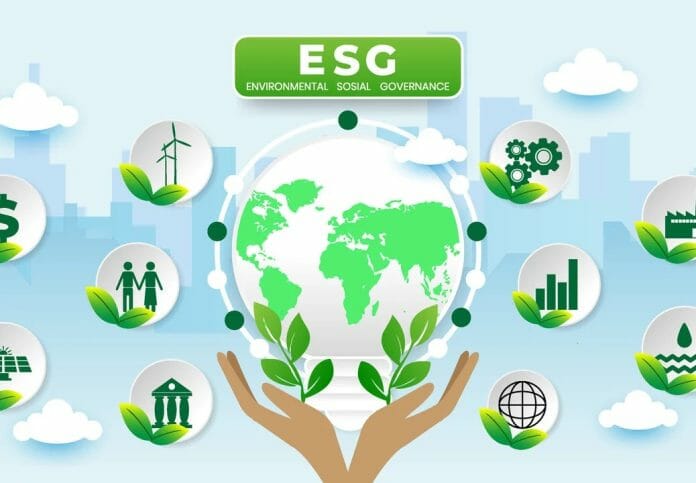Ask most people on the street, and they have never heard of environmental, social, and governance (ESG) investing.
But it is not just the layman who does not know.
Even those who are expected to be in the know may not.
A recent survey from the University of Chicago found that less than a quarter of retail investors could define ESG and even fewer knew what the letters stand for.
Yet, ESG has become a lightning rod in American politics.
On one side are Democrats who believe greener, more diverse, and solidly structured companies are not just good for society but are sound investments as well.
And on the other side, Republicans who view ESG as liberal code to push a “woke” agenda.
“Basically what it’s devolved into is a mechanism to inject political ideology into investment decisions, corporate governance, and really just the everyday economy,” said Florida Governor Ron DeSantis, who has announced legislation against ESG in his state.
At least 18 mostly Republican-led states have now proposed or adopted anti-ESG regulations. Most of them are focused on preventing pension fund managers from considering ESG in their investment strategies.
Ten democratic-leaning states have, on the flipside, acted to protect ESG.
“And for the Republicans, this is now something that they’ve really seen as a way to differentiate themselves from the Democrats,” Professor of Political Science Brian Smith, associate dean of the School of Behavioral and Social Sciences at St Edward’s University.
“Because when you say ESG, it might not just mean responsible investing. When you bring it (up), it conjures up everything bad that you could ever think about.”
PROMINENT POLITICAL ISSUE
In financial circles, ESG investing, an intentional strategy focused on putting money behind companies that consider environmental, social, and governance factors alongside financial ones, has been a mainstay for decades.
Its popularity has grown dramatically in recent years, amid mounting concerns about climate change.
According to a report by accounting firm PwC last year, ESG-focused institutional investment is expected to soar some 84 per cent to nearly US$34 trillion by 2026.
But ESG has become such a prominent political issue that last month, United States President Joe Biden issued the first veto of his presidency to reject a plan by the Republican Party to block retirement fund managers from considering ESG.
“The legislation passed by Congress would put at risk the retirement savings of individuals across the country,” said Biden.
TEXAS SPEARHEADS ANTI-ESG SENTIMENTS
Texas has been at the spearhead of the GOP’s rancour. In 2021, lawmakers banned government agencies from doing business with companies seen as boycotting guns and the oil and gas industry, the main sources of revenue for the state.
Ten banks and nearly 350 investment funds have been blacklisted so far, including industry titan Blackrock. Early research shows dwindling competition in the municipal bond market alone has already cost taxpayers hundreds of millions of dollars in higher interest payments.
Some public pension funds have also been forced to divest, raising concerns that public servants like teachers and police officers could earn less return on their investments.
“When you start dictating that investments are made based on political ideology and not based on maximising the return, you’re costing people money and you’re playing politics with our money,” said president of state labour federation Texas AFL-CIO Richard Levy.
Republican lawmakers are now looking to broaden their fight against ESG, targeting insurance companies and more public pensions.
ESG, obscure to most, is now at the centre of US culture wars.
ESG “HERE TO STAY”
Despite ESG investing having emerged as a punching bag in US politics, it will continue to grow, head of ESG Research at Nordea Asset Management Rikke Jacobsen told CNA’s Asia Now on Tuesday.
“ESG is here to stay, regardless of some people believing it to be politically driven,” she said.
On figures that show that investment is expected to soar, Jacobsen said this prediction could be in part due to the push for ESG and sustainable products by a younger generation that has a different awareness and preference in terms of sustainability.
She added that regulation is also a key factor for the potential increase.
The definition of ESG has evolved “quite a lot” over the past decade, partly due to improvements in the way companies report about ESG matrixes, said Jacobsen, citing climate change as an example.
“That helps create a better understanding and transparency … of the potential risk, both in the short term and the long term for ESG investing,” she added.









